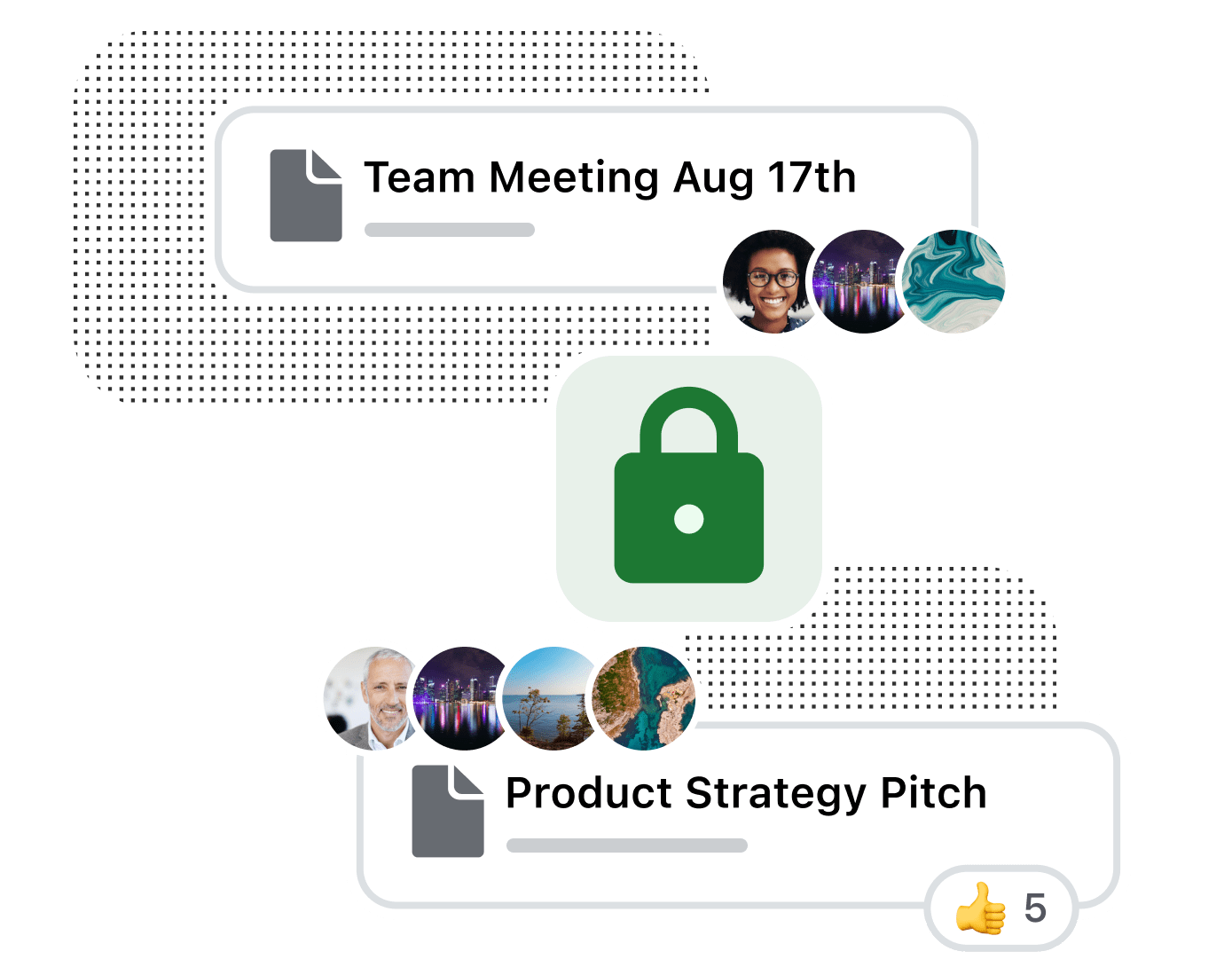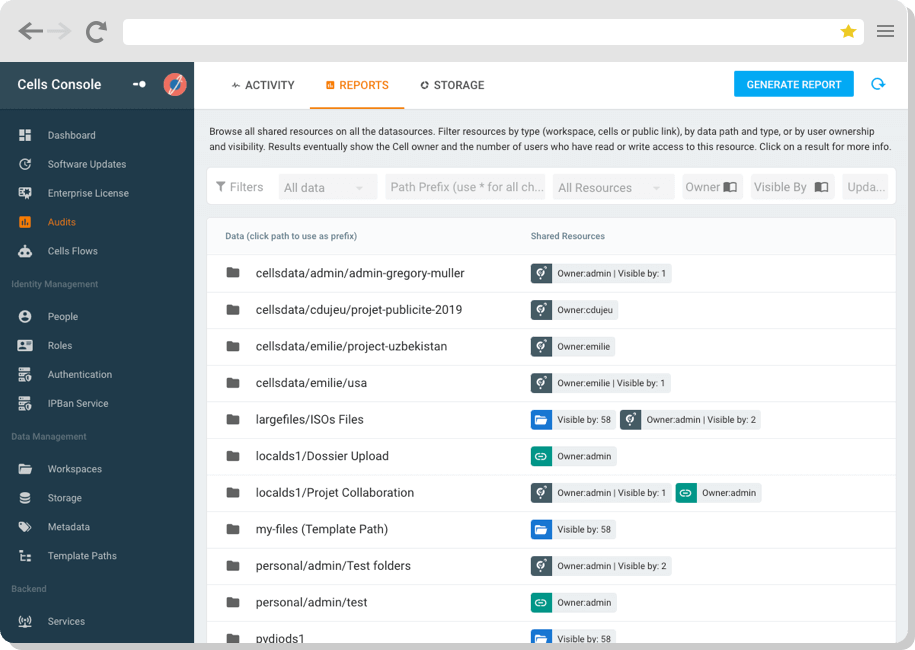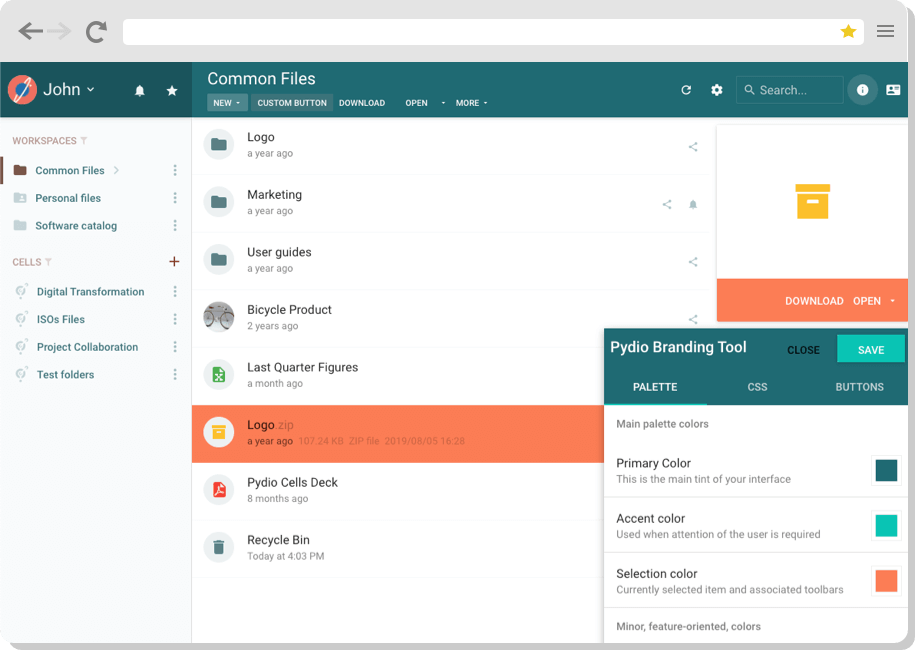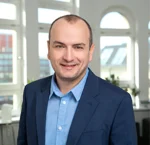Who is Pydio?
Founded in 2012, Paris-based Pydio is a leader in the self-hosted enterprise Document Sharing and Collaboration (DSC) market.
We’re on a mission to develop high-quality, self-hosted, open-source software for security conscious organizations , and our team strives to combine end-user focus with development quality.




Pydio is Proud to Be a Wire Company
Pydio is now a proud member of the Wire family. Together with our teammates at Wire, we’re continuing on our mission to develop high-quality, self-hosted, open-source software for organizations that are serious about security and serious about eliminating the trade-offs between the easy-to-use software teams want and the deep security organizations need.
Why We Built Pydio
We are pioneers inf the file-sharing space. AjaXplorer, Our first platform, was an open-source, web-based file sharing platform developed before Dropbox even existed. Pydio understood early on that many companies needed to share documents while maintaining full control over their data.
Across many industries, advanced security requirements, regulations, or compliance issues mean that SaaS file sharing isn’t a viable option.
Pydio bridges the gap between fast-evolving open-source software and enterprise-ready solutions, providing security-conscious organizations with a platform they can count on to share documents and collaborate securely.



Pydio Timeline
| 2024 |
Pydio acquired by Wire |
| 2021 |
Cells Flows provides a powerful simple to use workflow engine. |
| 2019 |
Launch of Pydio Cells, a full rethink of the software using modern language and architecture. |
| 2017 |
Company reaches profitability |
| 2013 |
AjaXplorer rebranded to Pydio (Put Your Data in Orbit) |
| 2012 |
Company founded to serve customers knocking at the door for enterprise features and vendor support. |
| 2010 |
AjaXplorer, open-source software is a side-project of founder Charles du Jeu, professional musician at the time. |
Leadership Team

Benjamin Schilz
Benjamin Schilz is the CEO of Wire Group. He is an experienced international entrepreneur with a strong track record in delivering innovative cybersecurity solutions to the market. He founded Acorus Networks, a French cybersecurity and cloud-management company later merged with Volterra. At Volterra, he secured funding, led global operations, and managed its acquisition by F5, where he became VP of Infrastructure & Operations.

Charles du Jeu
Engineer (Ecole Centrale Paris) turned entrepreneur, Charles is Pydio founder and keeps his hands in the source code every day. He is now Director of Engineering for file management at Wire. Passionate about technology, file management and UX, Charles wrote the very first AjaXplorer open source project and turned it over the years to a full-blown, enterprise-grade, self-hosted document management system.